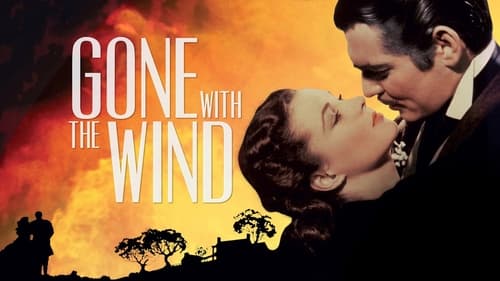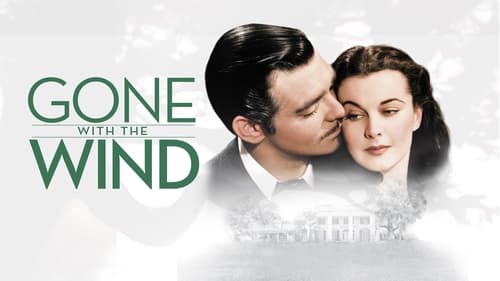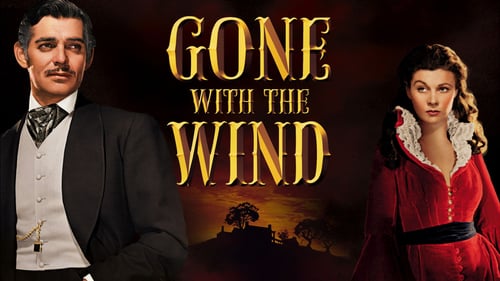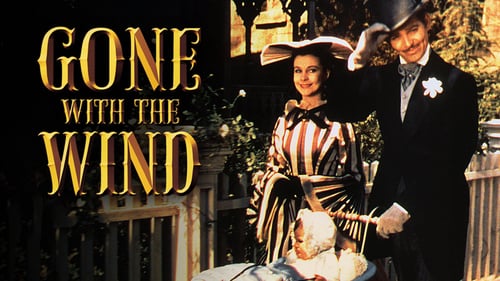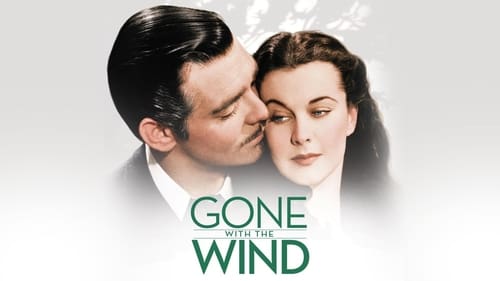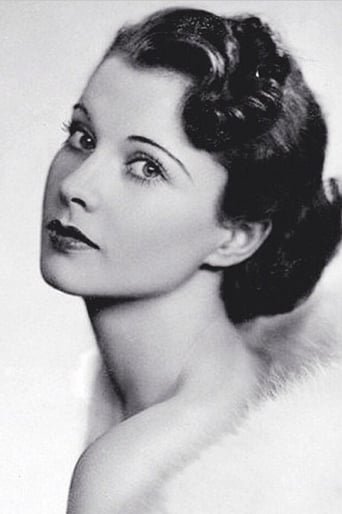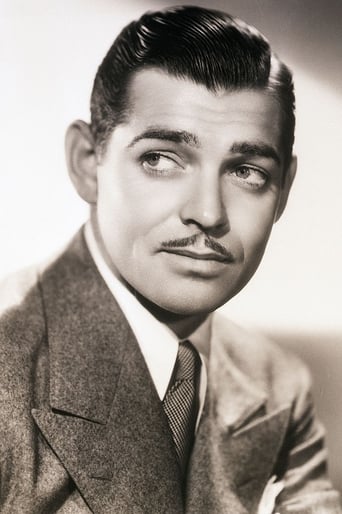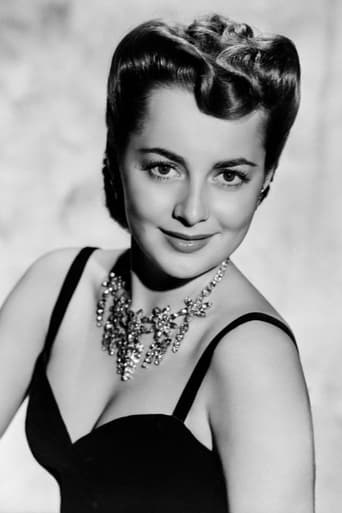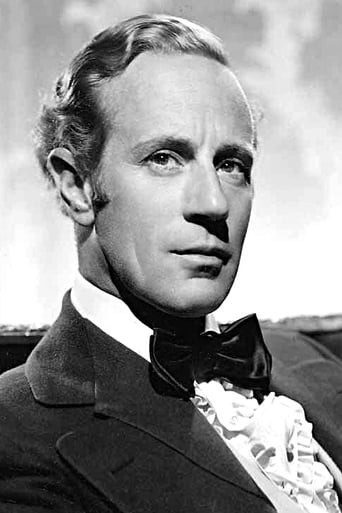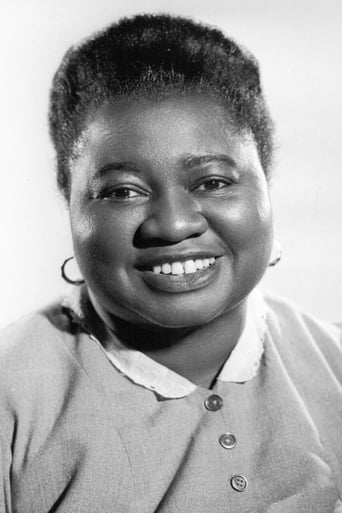Ketrivie
It isn't all that great, actually. Really cheesy and very predicable of how certain scenes are gonna turn play out. However, I guess that's the charm of it all, because I would consider this one of my guilty pleasures.
Arianna Moses
Let me be very fair here, this is not the best movie in my opinion. But, this movie is fun, it has purpose and is very enjoyable to watch.
weezeralfalfa
Although not usually described as such, among other things, book author Margaret Mitchell(MM) meant this to be a coming of age story for Scarlett, who ages from 16 to 28 in the book. It doesn't seem quite that long in the movie. Scarlett is partly based on MM herself. Like Scarlet, she was a society debutant, often with a flock of beaus simultaneously. According to the book, and somewhat exemplified in the movie, Scarlett has little taste for sex, finding it often painful and embarrassing, and sometimes leading to the more painful process of birth. She decides that she doesn't want any more babies after the first, because her waist expanded after her first birthing. Thus, lovers find it frustrating that this beauty is so frigid. .....Another overpowering theme of the book and movie is the differences in skill and luck in surviving adversity. Both Rhett and Ashley are survivals of the war, whereas most of their neighbors and relatives are not. Scarlett and Melanie are also survivors, sometimes using men to get their post-war businesses on their feet. In some ways, Scarlett is a feminist. She has good native intelligence, is manipulative, becomes a good manager of her plantation, and her new lumber business. She has learned that she can get along without a man. However, I'm puzzled by her parting question, as Rhett leaves for good: "Where will I go? What will I do"? She still had her plantation, which seemed to be operating at a profit. She had managed before without a man. She probably would like to have another child, or perhaps take in several of the many orphans or widows left from the war, since she's worried about the effect of pregnancy on her figure. Since Ashley is now a widower, she might finagle him into a largely sexless marriage?........It's not real apparent to me why Rhett is wealthy. Perhaps from his blockade running? Also, apparently, he became a scalawag after the war, which may have brought in some income........Neither Gable nor Leslie Howard(Ashley) wanted to be in this movie. For one thing, Gable dismissed it as "a woman's movie". Howard thought he was far too old(46) to be playing a supposedly 21 y.o. when Scarlett was 16. However, the casting director felt he had the best personality and physique to play the effete Ashley. In contrast, there was much competition for the roles of Scarlet and Melanie. George Cukor: the beginning director, was famous as a woman's director, in contrast to his replacement: Victor Fleming. Thus, after he was canned, Cukor still coached Vivien Leigh (Scarlett) and Olivia DeHavilland (Melanie) on weekends!.......It's strange that Melanie died soon after collapsing(swooning?), just after she exited Rhett's room, where he was mourning the death of his daughter. Suggests she had some underlying health problem, that was enhanced by psychological stress........This was but one of several tragedies late in the film. Of course, the accidental death of Rhett's and Scarlett's little girl was a shock. Rhett seemed more disturbed than Scarlett, apparently feeling that his marriage was jinxed, which accelerated his determination to opt out of the marriage......Then, there was a the pervasive tragedy of Scarlett's unreciprocated love of Ashley, and the fact that she didn't really warm up to Rhett consistently until it was too late.......Of course, the cinematography, production values, sets, costumes, and acting are all topnotch, not to mention the very memorable theme song.





























